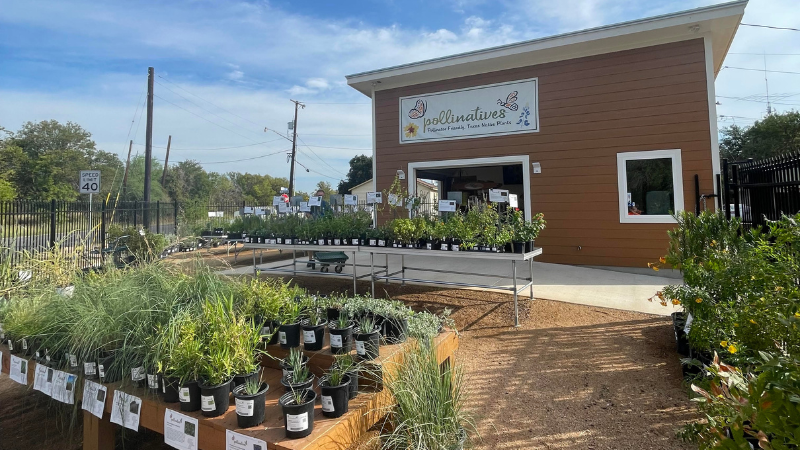
A need for natives
Tips for Promoting Native Plants
For garden centers looking to increase their native plant sales, Pollinatives owner Donald Gerber offers the following advice.
- Identify the plants as native. Designate a clearly marked space for all your native plants — and only natives, he said. “Be diligent about what goes there because if you have non-natives mixed in it could hurt your reputation with the native plant enthusiasts,” Gerber said.
- Train your employees. “Make sure they know what native plants are, their benefits, which ones you carry.”
- Reach out to your local native plant society, as well as Wild Ones chapters (mostly in the Northeast), Master Naturalist organizations and even water utilities, which often have conservation programs that include removing your lawn.
- Invite local experts to have classes/workshops at your store to educate the customers. “They are a great partner for us,” Gerber said.
It’s not often that someone starts a business out of laziness. Donald Gerber, owner of Pollinatives in the San Antonio area and a self-described “lazy gardener,” said he did just that after discovering native plants required less care while attracting butterflies and hummingbirds, his “favorite part” of gardening.
“I discovered if you plant the right flowers the hummingbirds will come, and you don’t have to do much,” Gerber said.
His new love of natives prompted him to join his local native plant society in his then-home state of California, and he quickly discovered that locating native plants to purchase wasn’t so easy.
“Most retail nurseries only had a few, and they were not well marked,” he said. “You had to be a very well-informed customer to know what was native.”
He found that the best place to buy them was native plant society plant sales; retail nurseries just didn’t have much selection.
After moving to Texas a few years later, he found the same situation in his local retail nurseries as well — just a handful of natives that were not well marked. But he noticed that Native Plant Society of Texas (NPSOT) plant sales were selling out in hours.
“People were lining up to get in. It seemed like there was enough demand for a niche specialty retail nursery, so we built one.”
Seeking Resilience in the Garden
Pollinatives opened in September 2023 and draws in a range of customers, said Gerber. While it’s primarily women over 40, which he said he expected, “I’ve been pleasantly surprised by the amount of men and younger people. We get some younger couples, millennials mostly, some Gen Z, who have purchased a home and want to consider the environment as they get into landscaping it, as well as a number of LGBTQ+ customers who seem to be more environmentally conscious.
“Most are local, within 30 to 50 miles. San Antonio is a big metro area, so most people consider anything less than a 30-minute drive to be close by.”
Gerber said customers come in looking for what he calls more resilient landscapes.
“Here in South Texas, we’ve experienced some very extreme weather over the past three years. Winter Storm Uri [in February 2021] dumped a few inches of snow and brought 99 consecutive hours below freezing. This past summer, we had a record 74 days over 100° F — the previous record was 59 days.
“Native plants are adapted to our climate/soil/rainfall and offer higher survivability. In addition, more and more people are being exposed to the benefits of native plant gardening as it relates to combating climate change and helping to support threatened species like the monarch butterfly.”
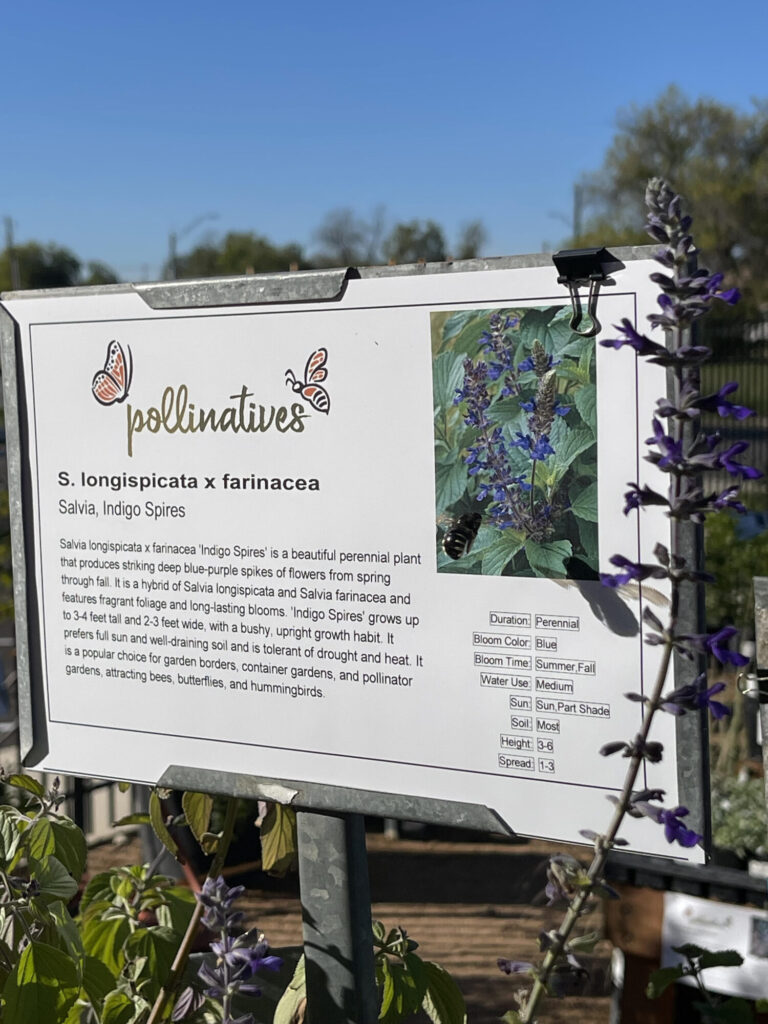
Gerber credits mainstream news sources like The New York Times, The Washington Post and The Wall Street Journal for helping to promote natives’ benefits and encourage homeowners to plant native species.
Closer to home, Gerber said Pollinatives promotes native plants by working with other local organizations with similar missions, including the multiple NPSOT chapters nearby, the local water utility and a local community college that has a gardening/food/water conservation outreach program.
In its own operations, Pollinatives promotes sustainability as well.
“We recently started a pot reuse bin where customers can take a pot or leave a pot,” Gerber said. “I fear that it will get messy, but so far it’s OK.”
He said they’re also trying to partner with one of the small compost service businesses in town, which would take any green waste and the occasional dead plant or soil not fit for reuse.
“We have plans to install a rainwater collection system on our building as soon as we can afford it,” he added.
For an enhanced reading experience, view this article in our digital edition.

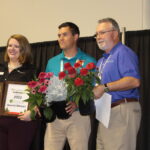
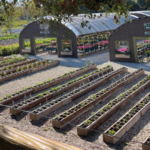
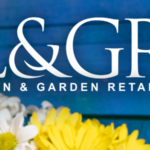
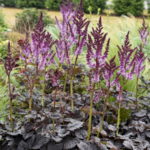

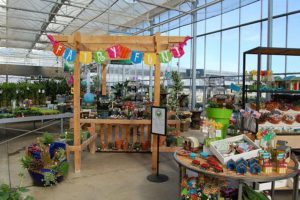
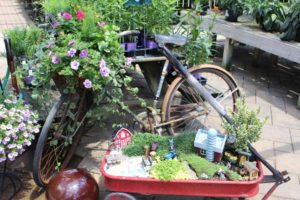
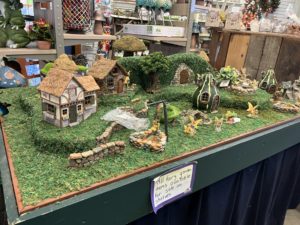
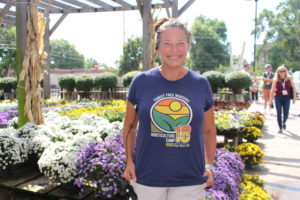
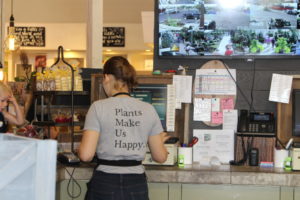
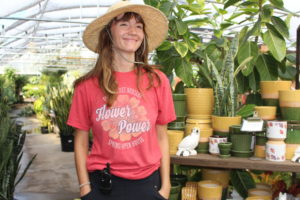
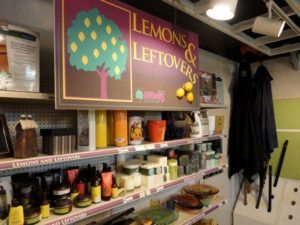
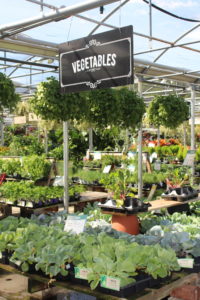
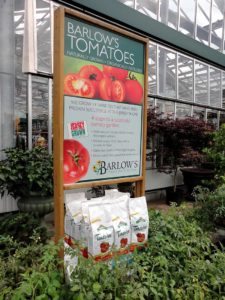
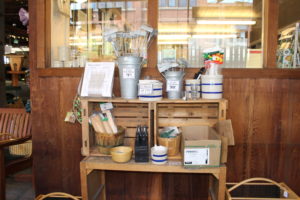
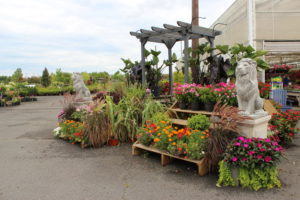
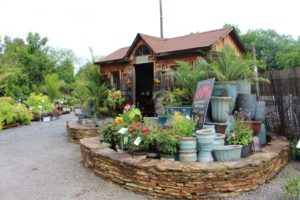
 Videos
Videos





